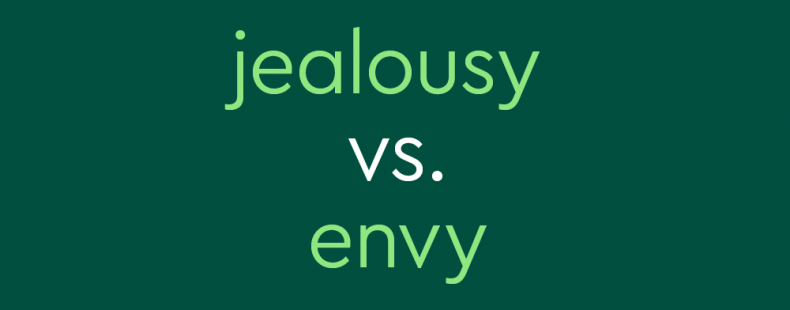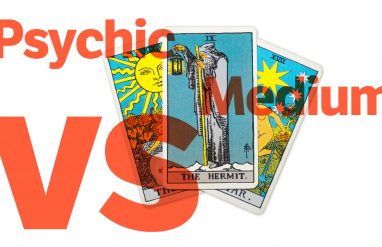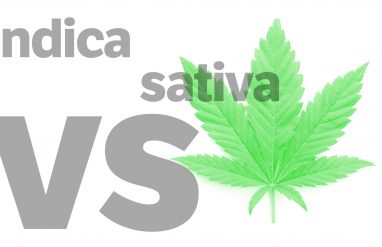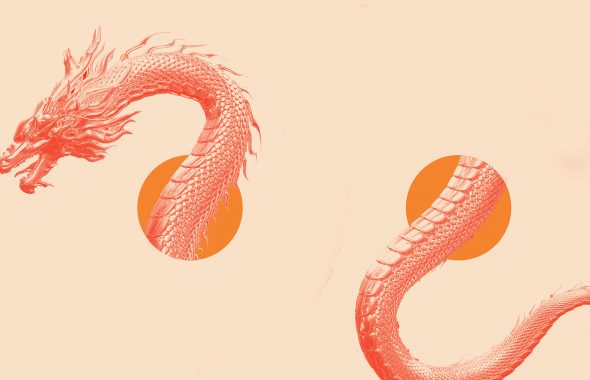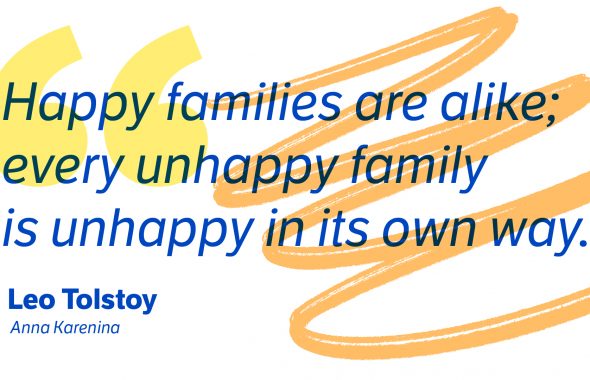⚡ Quick summary
Jealousy and envy both involve a feeling of desire for what another person has, but jealousy is usually thought to be more negative—it often involves resentment toward the other person. Envy is also a negative feeling—like a mix of admiration and discontent—but the word doesn’t usually imply hostility. Another difference is that envy can be used as both a noun and a verb.
Your coworker has gotten a raise, and it bothers you because you really wish you’d gotten one, too. Is what you’re feeling jealousy or envy? The two feelings are similar, but the words are often used to convey slightly different things, mainly involving whether the feeling is hostile or malicious.
In this article, we’ll discuss the similarities and differences between jealousy and envy, including the subtle implications of both words, their adjective forms jealous and envious, and some examples of how you can tell when envy has turned to jealousy.
What is jealousy?
Jealousy is a feeling of resentment, bitterness, or hostility toward someone who has something that you don’t. This could be general success, an achievement, a trait, a social advantage, a material possession, or a relationship, among other things. What matters is that the other person has the thing, you want it, and this makes you resentful of them.
The adjective form of jealousy is jealous.
When used in the context of romantic relationships, jealousy more specifically refers to a feeling of suspicion or uneasiness that often comes from one’s partner giving or being given positive attention by others.
What is envy?
Envy is a negative feeling of desire centered on someone who has something that you do not. Envy can also be a verb meaning to feel this way toward someone. Both the noun and the verb imply that you want to be in the other person’s position—to have what they have. Like jealousy, envy can be centered on any number of things, tangible or intangible.
Envy can be described as a mix of admiration and discontent. But it’s not necessarily malicious. It can even be used as part of a compliment, as in You’ve worked so hard to achieve your success—I really envy you.
The adjective form is envious, and you could also call someone’s advantage or trait enviable.
Green with envy and the green-eyed monster
Thanks to Shakespeare, there is a strong association between jealousy, envy, and the color green.
The phrase green with envy means feeling a strong sense of covetousness for what someone else has. Shakespeare described envy as the green sickness in the play Anthony and Cleopatra.
The term green-eyed monster is a way of referring to jealousy. The first written record of the phrase comes from Shakespeare’s Othello, which is known for its themes of jealousy. In the play, jealousy is said to be “the green-eyed monster which doth mock the meat it feeds on.” The phrase may allude to cats, which can have green eyes and are known for playing with their prey. The phrase green-eyed can also be used by itself to mean “jealous.”
Feel good about yourself by taking this quiz to show how well you can tell jealousy and envy apart.
What is the difference between jealousy and envy?
Both jealousy and envy can involve tangible things (like a possession) and intangible ones (like a certain status, position, skill, trait, or relationship). Although jealousy and envy are sometimes used interchangeably, a distinction is often made relating to the amount of negativity.
Simply feeling upset that you don’t have what someone else does—and wishing you were in their position—is usually considered envy. By the way, in that hypothetical situation about the coworker at the very start of this article, it sounds more like you’re feeling envy.
In contrast, feelings of inner resentment and the outward hostility that sometimes results from such feelings are both thought to stem from jealousy.
However, it is often said that envy can turn into jealousy—and the point at which it does may not be so obvious.
One distinction that is sometimes made is that jealousy centers its negative focus on the person who has the thing that you don’t, while envy is more centered on the desire for the thing. Of course, however, jealousy can be about both the person and the thing, and so the main difference is usually considered to involve how negative the feeling is.
A practical difference between jealousy and envy is that jealousy is always a noun, while envy can be a noun or a verb.
One final difference is that jealousy and the adjective form jealous are also used more specifically in the context of romantic relationships in a way that envy and envious are not.
